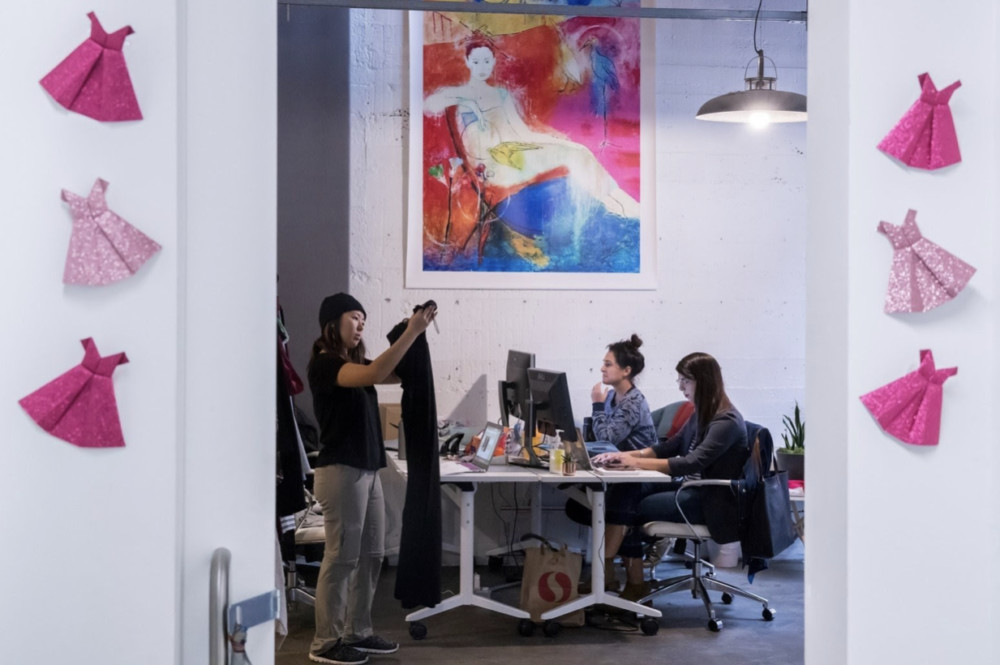By Paul Roberts
The Seattle Times
WWR Article Summary (tl;dr) As Paul Roberts reports, the Seattle area is well behind the most gender-balanced startup ecosystems, including Chicago and Melbourne, where a third of startups are founded and run by women, and New York City, with around 24%.
The Seattle Times
The Pacific Northwest may pride itself on gender equality, but that message hasn’t quite hit the region’s technology startups.
According to a new report on the world’s most productive startup “ecosystems,” just 8% of tech startups in the Seattle area have women founders. The Global Startup Ecosystem Report was released Thursday by San Francisco-based Startup Genome.
That puts the Seattle area well behind the most gender-balanced startup ecosystems, including Chicago and Melbourne, where a third of startups are founded and run by women, and New York City, with around 24%. Among the world’s top 15 such ecosystems, only Paris has as small a share as Seattle.
Seattle’s percentage is well below that of Silicon Valley (16 percent) and the global average (17.2 percent), according to the report.
Seattle’s poor showing is particularly striking, given that the city is 12th out of the world’s 15 most productive startup ecosystems, according to the report, which ranked some 80 cities on their startup activity.
The report doesn’t offer any specific explanation or theory as to why Seattle was so far behind other startup hubs in percentage of women founders.
One possible factor may be the kind of venture capital that Seattle startups attract, says Amy Nelson, founder and CEO of The Riveter, a Seattle-based co-working and community startup that has focused on women and now has locations in Seattle, Los Angeles, Dallas and Austin.
Nelson says that in her experience, venture capital in Seattle seems to favor startups offering software products, whereas historically, many women-led startups in Seattle have focused on consumer products.
“So it could be that women aren’t starting the same kinds of companies that investors here want to fund,” Nelson says.
There may be “a mismatch in the type of funding and the type of companies that women are starting,” Nelson says, though she is quick to acknowledge that there are likely other factors at play.
Nelson also sees a silver lining in Seattle’s current back-of-the-pack position.
While Seattle’s current environment may not be the best for women tech entrepreneurs, that deficit itself offers huge entrepreneurial possibilities.
“I would say a consumer [oriented] investor has an incredible opportunity here in Seattle because there are so many female founders starting incredible companies in this space,” Nelson says.














































































































































































































































































































































































